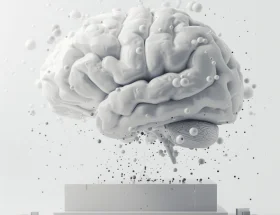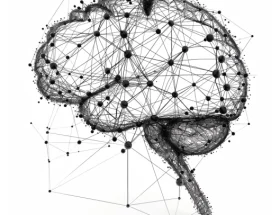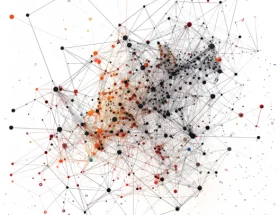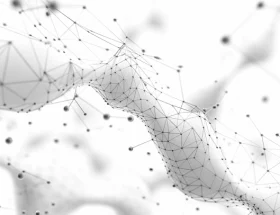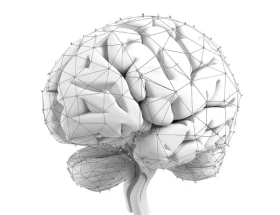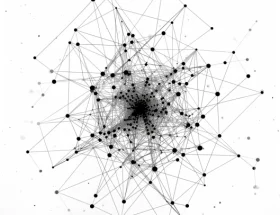This study examines how cognitive abilities vary between literary and scientific contexts. By analyzing assessment data from 60 participants using JCCES and ACT tools, the research identifies distinct patterns that suggest the need for tailored educational approaches. These findings emphasize the importance of understanding how domain-specific tasks engage different cognitive processes.
Background
Cognitive assessments have long been used to measure intellectual capabilities across various domains. However, a growing body of research highlights the limitations of generalized assessments in capturing the nuances of task-specific competencies. This study builds on prior work by focusing on the multidimensional nature of cognitive abilities and how they manifest differently in literary and scientific tasks.
Key Insights
- Distinct Cognitive Dimensions: The study reveals a two-dimensional structure: one dimension differentiates literary from scientific tasks, while another separates the JCCES and ACT assessments. These findings underscore the varied cognitive demands of academic domains.
- Contextual Interpretation of Scores: The results demonstrate that test scores should be interpreted within the context of specific domains, as different tasks may engage unique cognitive processes.
- Implications for Education: The research suggests that educational strategies must address the distinct cognitive requirements of literary and scientific learning, fostering both types of intellectual development.
Significance
This study contributes to the ongoing discussion about the diversity of cognitive abilities and their role in education. By highlighting the differences in how cognitive skills are applied to literary and scientific tasks, the research provides valuable insights for educators, psychologists, and policymakers. It advocates for assessments that reflect the complexity of human intellect, promoting fairness and accuracy in evaluating diverse abilities.
Future Directions
Further research could explore the neural and cognitive mechanisms underlying these differences. Additionally, expanding the participant pool to include diverse age groups and educational backgrounds may provide a more comprehensive understanding of how cognitive abilities develop and function across domains.
Conclusion
This study advances our understanding of cognitive diversity by demonstrating the need for domain-specific approaches in both education and assessment. By embracing the complexity of human intellect, we can create tools and strategies that better support learners across all academic fields.
Reference
Jouve, X. (2016). Multidimensional Structure Of Cognitive Abilities: Differentiating Literary And Scientific Tasks In JCCES And ACT Assessments. Cogn-IQ Research Papers. https://pubscience.org/ps-1mADL-b45fe5-Sjy6




